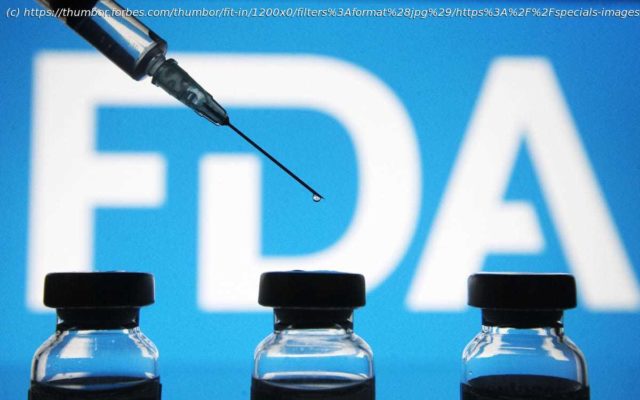It’s a long and arduous process that requires tons of data. Plus, the agency wants to rebuild trust after coming under attack during the Trump Administration.
W hile nearly 190 million Americans have received at least one Covid-19 vaccine dose —57% of the population aged 12 and over—and there’s a nationwide campaign to encourage vaccination, the federal government hasn’t yet fully approved Covid-19 vaccines. Rather, the vaccines are currently authorized for “emergency use.” For some people, especially those who may be on the fence about getting vaccinated, it’s a distinction with a major difference. The word “emergency” invokes concerns about safety and the vaccines being experimental, despite existing and continuously growing clinical evidence showing the vaccines are safe and effective for people aged 12 and older. Getting the shots into the arms of Americans who want the vaccine was the easy part. But now, as the country has entered into more difficult territory, a growing chorus of critics are calling on the FDA to grant full approval if it will help swing the undecideds towards getting vaccinated themselves. But given the politicization of the pandemic response under former President Donald Trump, there’s also concern that moving too quickly could erode trust in vaccines just when America needs it most. Way back in January 2020, not knowing the full extent of the threat posed by Covid-19, the Health and Human Services Secretary declared a U.S. public health emergency. This action gave special power to the FDA to authorize medicines, vaccines and tests for use by the American public to fight the virus in an expedited fashion without going through the lengthy full approval process. The amount of data required for what’s known as an emergency use authorization, or an EUA, is at the discretion of the FDA. The main thing the FDA considers with emergency authorization is, based on the scientific evidence available, that “it’s reasonable to believe that the product may be effective and that the known and potential benefit outweigh the known and potential risks,” explains Nicholson Price, a professor of health law at the University of Michigan Law School in Ann Arbor. The medicine or vaccine also needs to be unique, there can’t be an existing alternative that’s already been approved. For vaccines, manufacturers were required to provide safety data that was “much closer to what a company would need for full approval for the vaccine,” he says. For emergency authorization, the FDA required two months of safety data versus six months for full approval, he explains. Pfizer/BioNTech received emergency use authorization for its vaccine in December 2020, followed by Moderna a week later and Johnson & Jonson in February 2021. “It’s close to incontestable that the EUA process made a huge positive difference in combating COVID-19 at least with respect to vaccines,” says Price. It meant that people could start getting shots in December rather than waiting much longer for full approval. “Those months made a huge difference.” Getting full FDA approval for a vaccine is a time consuming process that can take up to 10 months under normal circumstances. Both Pfizer and Moderna have applied for special designations to fast track approval for a serious and unmet medical need, which means it could take 6 months. Johnson & Johnson has yet to submit its application, but plans to do so later in 2021. To begin the process for FDA approval, a company must submit what’s known as a Biologic License Application (BLA) that includes hundreds of pages of documentation, including preclinical and clinical data, manufacturing processes and facilities, safety reports and more.






